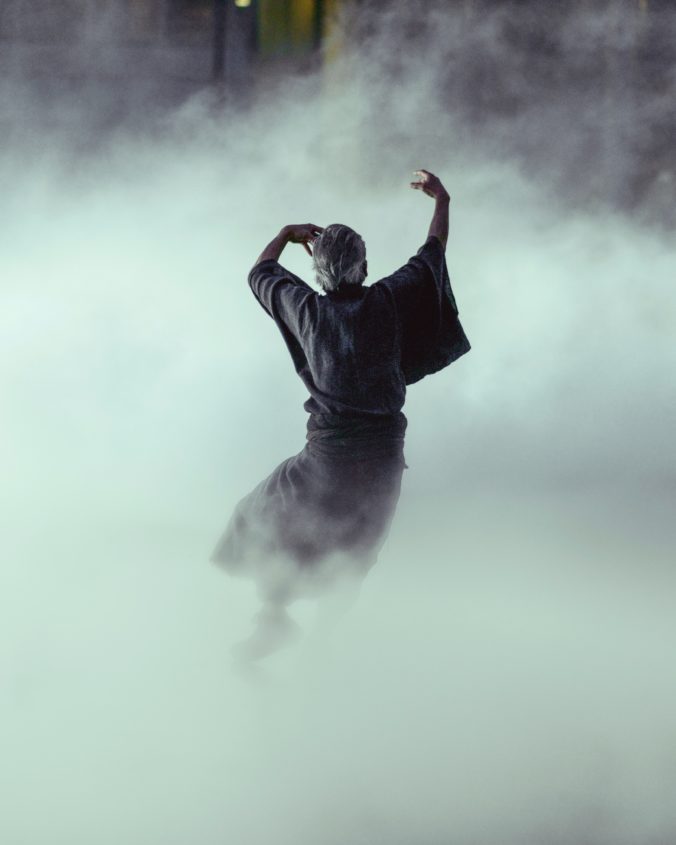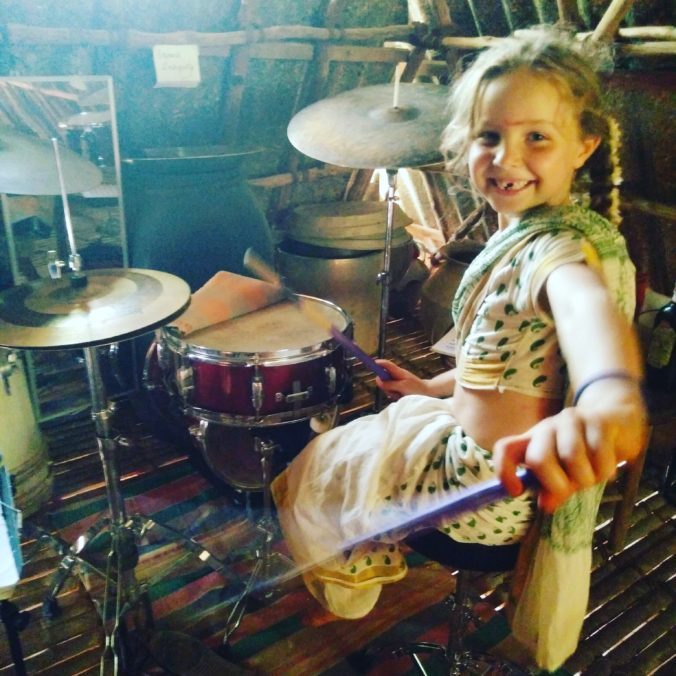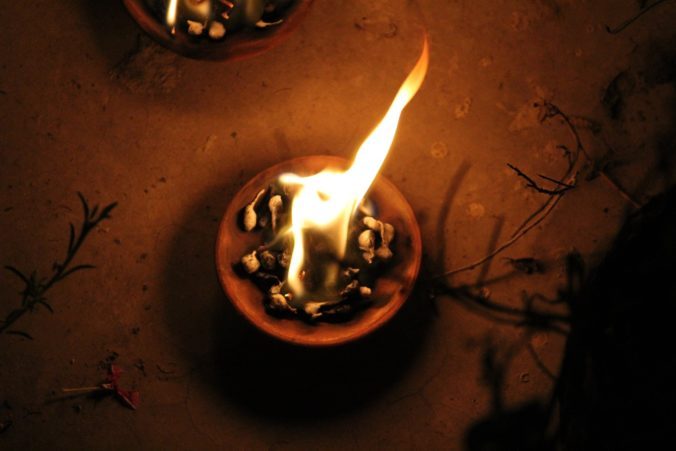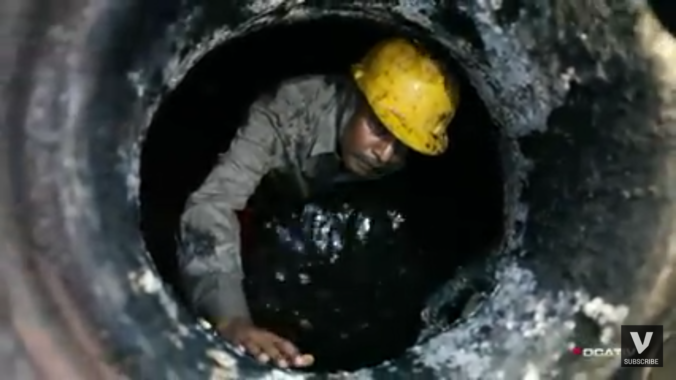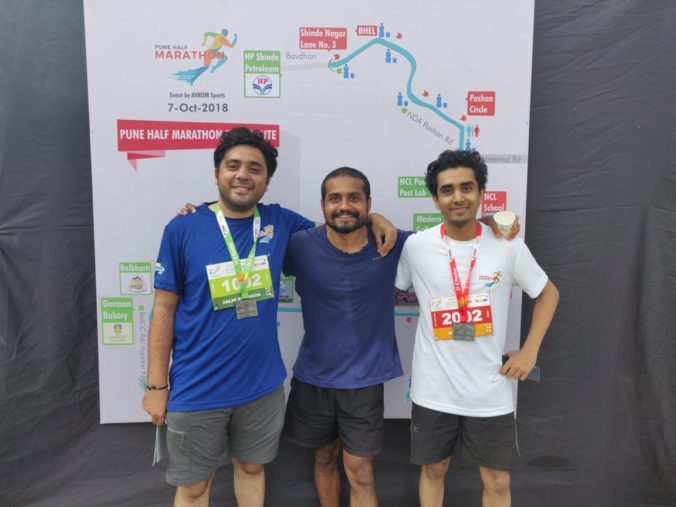It’s a matter of great privilege to have an enduring friendship. Even more so, when you can still do things together with the same friends who you grew up with.
I feel fortunate on that regard. I still have my childhood friends around who are proactive and find ways to do things together.
Recently, two of my friends and I decided to participate in a running event. One of them and myself were participating in a half marathon and the other hand chosen a 10 kilometer run.
I was apprehensive about my ability to run such a long distance, as were my friends, but since we were all in the challenge together, it made things easier on some level.
But there was one hang up we faced four days before the run. My friends had already registered for the event and I, because of my indecision and procrastination, hadn’t enrolled yet.
On checking the website, we came to know that the event was sold out and I couldn’t officially be part of the run.
It was a bit disappointing to us all.
We wanted to do this together.
But fate seemed to have other plans.
So did I.
The night before the run, I told my friends that I was going to run as well. I would run from home at the same time they start at the official start line, and run the half marathon distance as planned. So even if I would not be running on the same path as them, I would be running at the same time on the streets of the same city.
They happily agreed to the idea.
At 5:30 am the next morning, we all started to run together, on our own paths, in our own realities.
I ran about alone in the city with an app on my phone telling me about my progress with each kilometer.
Once I was past my 7 km mark, I took a turn on the road that coincided with the official race path!
I took a little detour and timed my run such that the distance I had covered coincided with that of other participants at the 11km mark on the racetrack.
And once I reached the 11km mark, I was on par with other runners on the official path to the finish line.
That felt magical, to be running on the official track out of pure chance!
Having other runners run alongside helped me with pushing myself in the later half of the race. I didn’t have a bib number attached on my chest as others but I was a runner just the same.
At the 17 kilometer mark, I saw a runner from behind who I could recognise anyday out of a huge crowd.
It was my friend !
He seemed to be having some trouble during the run. He looked tired and was walking for a brief stretch.
But I believed he could do much better. I breezed past him on the track and patted him on the back.
The surprise of finding me on the official racetrack filled him with great joy.
A sudden rush of energy took over him.
From that point on, he raced onward with all his might running past me within a kilometer.
I was happy to see him go full throttle as he blended in with other runners beyond my sight.
Eventually, we ended the race at the official finishing spot, relishing each other’s achievement and the togetherness that came along with it.
In that moment of celebration past the finish line, I also found a great lesson about friendship and the paths we take in our life.
In life, past a certain age, all our friends take different paths in our lives. Part of it is voluntary and a part out of pure chance.
And often, we feel distant and disillusioned by the notion of an enduring friendship.
But we need to realise that at some point in our lives, our path will diverge from the ones each of our friends take.
We still need to keep running on our own paths, forever trusting in our self and the connection we share with people who we believe in.
At some point, sooner or later, our paths will coincide, for all path lead to the same end, if followed with courage and complete honesty.
We all have to, at our own pace, persevere, and keep on running on our own path with faith that’s complete and unwavering.
And if we tread the path of our own choosing in our lives and go all the way,
We are bound to find the confluence we’ve always longed for,
With the people we have always loved.
So, is there a reason to feel sad when our paths diverge with that of the people we love?
No.
As long as they are true in their heart for their pursuit and you are in your own,
And you both persevere,
You will always find each other when your paths meet,
Forever happy with each other’s growth.
Tread with faith
And persevere.
The friendship will endure.
It’s only a matter of time.

